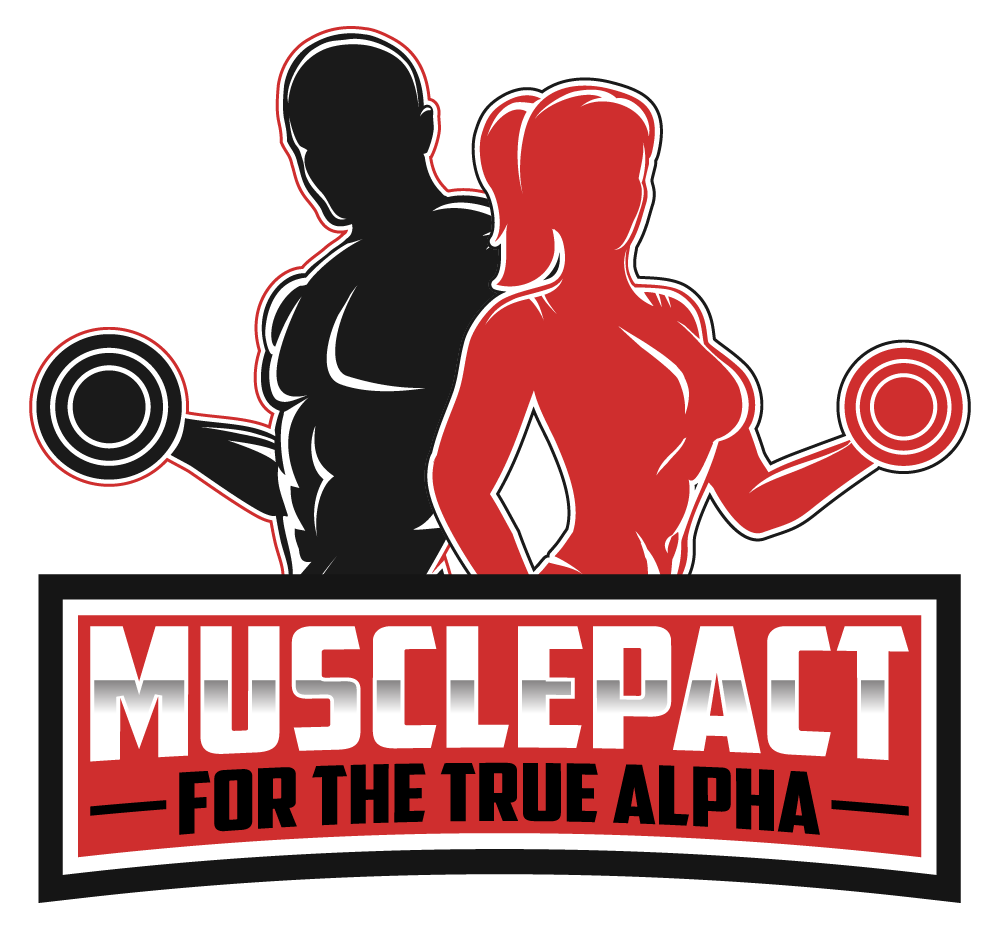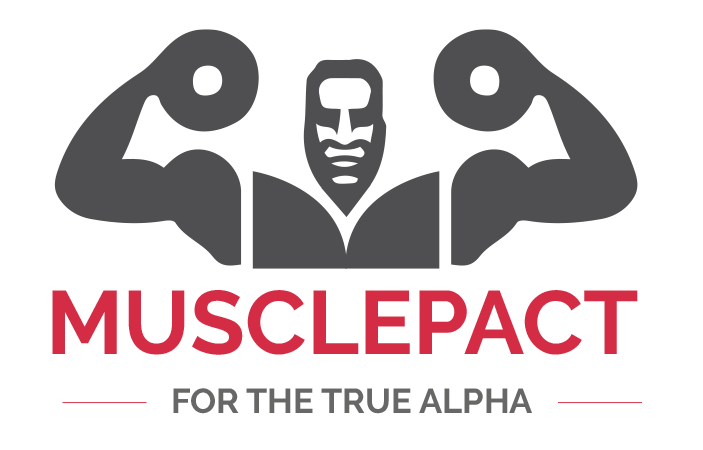Dropping pounds feels like magic at first—until you realize the trick isn’t quite what you signed up for.
Popular GLP-1 drugs such as Ozempic can melt fat like a dream, but they often drag muscle mass down alongside it. And here’s the clincher: muscle loss can undercut the very heart and lung gains you hoped for, warns a new paper from University of Virginia experts.
The Uncomfortable Truth Behind the Pounds
When patients rave about shrinking waistlines, it’s easy to pat these medications on the back. Yet Zhenqi Liu, MD, notes a darker side: “Some patients literally told me that they felt muscle slipping away from them while on these medications.”
Muscle isn’t just aesthetic; it’s the scaffolding that holds posture, powers daily tasks, and, frankly, keeps you feeling alive. Lose too much of it and you invite higher risks of cardiovascular disease and a poorer quality of life.
In numbers: fat-free mass—of which muscle is 40–50%—accounts for 25–40% of total pounds shed on GLP-1s. To put that in perspective, normal age-related loss is only about 8% per decade. That’s a red flag waving over long-term wellness.
Cardiorespiratory Fitness: The Silent Indicator
Cardiorespiratory fitness (CRF), often measured by VO₂max, gauges how efficiently your heart, lungs, and muscles team up. It’s not just an exercise metric; it predicts all-cause and cardiovascular mortality better than body weight alone. In a study spanning nearly 400,000 individuals worldwide, VO₂max outperformed obesity status in forecasting death risk. Once CRF was factored in, body weight lost its crystal-ball status for mortality. Surprising? Absolutely—but it underscores why muscle matters.
Angadi and colleagues saw that while GLP-1 drugs do boost certain heart-function measures, those gains don’t translate into meaningful VO₂max improvements. So yes, your heart might pump a bit better, but if your muscle engine is under-fueled, you won’t breathe easier under strain.
Strategies to Save Your Strength
Okay, so the meds trim fat. But what can you do to protect precious muscle? Here are some science-backed—and patient-tested—ideas:
- Embrace resistance training: lifting weights, body-weight moves, or even heavy gardening can signal your body to hang onto muscle rather than cannibalize it.
- Screen for malnutrition risks: the American Diabetes Association suggests checking muscle mass and nutritional status before starting therapy.
- Prioritize protein: aim for 1.2–1.6 grams per kilogram of body weight daily (yes, that extra chicken breast matters).
- Explore future meds: a monoclonal antibody in the pipeline shows promise for offsetting lean-mass loss—stay tuned.
Some small studies hint exercise boosts VO₂max for GLP-1 users, but we need bigger, tighter trials to know for sure.
Looking Ahead: New Hope on the Horizon
Research is far from over. Liu and his team are urging additional trials, especially around exercise interventions during GLP-1 therapy. And that monoclonal antibody? It’s not vaporware—preliminary data suggest it might blunt muscle atrophy without compromising fat loss. If it pans out, we could have a combo approach that nurtures both heart health and muscle integrity.
Until then, it’s on us—patients and providers—to stitch exercise, nutrition, and vigilant screening into the GLP-1 playbook. Because real health isn’t just about lighter jeans; it’s about a stronger, more resilient you.
Feeling a bit unsettled? You’re not alone. I know I’d raise an eyebrow at losing strength alongside those stubborn love handles. Who wouldn’t? Let’s talk practical solutions: have you tried pairing resistance work with your Ozempic routine? Or noticed changes in your stamina? Share your story in the comments below—your insights might be the spark someone else needs.
And follow us on Facebook, Instagram and Pinterest for more candid takes, hard-earned wisdom, and muscle-saving tips you won’t find in any script.
Sources:
- www.droracle.ai/articles/49474/what-percent-of-weight-loss-wiyh-glp-1-is-muscle
- www.sciencedaily.com/releases/2025/07/250730030400.htm
- www.news.med.virginia.edu/featured/glp-1-drugs-fail-to-provide-key-weight-loss-benefit/






